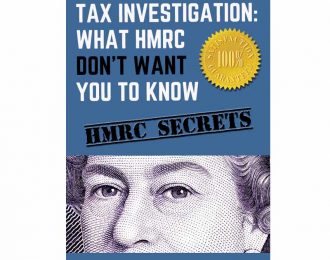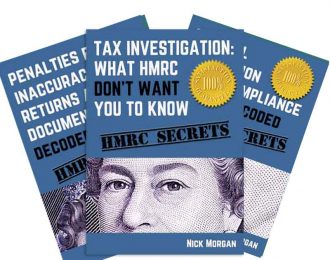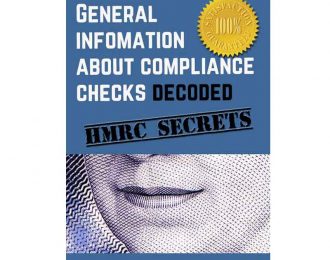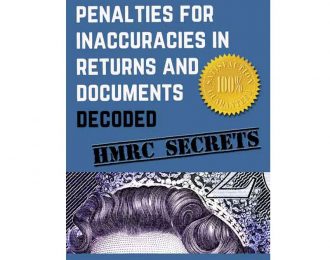Should I Go To The Meeting? No – that’s the short answer
Now let’s start with the basics: this is not a meeting, it’s an interview. Former tax inspector Simon Sweetman said: “I have worked with Inspectors who thought it a victory if the taxpayer cried [in the interview].”

Phil Berwick, Director at Berwick Tax Limited, said that in one case he knew of an unrepresented taxpayer who went to a meeting that ended up lasting five hours, “The individual was so upset and aggrieved at being subjected to this ordeal that they thought it would be easier to agree with the inspector [rather] than resist further.”
HMRC employ a carrot and stick approach to interviews: the carrot is that the investigation may be resolved quickly if the investigator has the chance to meet the taxpayer and talk directly. The stick is that refusing to attend can be interpreted as non-cooperation and a penalty may be applicable.
The carrot and the stick are both fake.
A meeting – certainly in the early part of an investigation – will not speed up an investigation. As you would logically expect, investigators use meetings to gather information in order to open up avenues of investigation and to test known facts – i.e. to see if you are lying.
So now we know that the carrot is fake, what about the stick?

Well, there is no debate about one thing, which is that there is no legal obligation to attend an interview. Stephen Camm former Inland Revenue investigator and now head of the tax disclosure team at PwC said: “Importantly taxpayers should know that an interview is voluntary – most don’t realise this and feel compelled to attend.”
As for a penalty, HMRC states, “In calculating the amount of the penalty, we will take into account the extent to which you have been helpful…” But if you answer written questions in full and on time – within 30 days – then it would be reasonable to argue that full co-operation had taken place and no penalty for non-attendance should be levied.
Accountant Ken Frost of the www.hmrconline.com blog says, “Under no circumstances should anyone attend an interview with HMRC personnel without appropriate representation. HMRC staff are incentivised to maximise the tax take, therefore it’s in their interests to skew records of meetings in their favour.”
Need more convincing that early interviews are for the benefit of HMRC and nobody else?
Here is what the HMRC manual tells investigators about how important the interview is to them, and it’s just one word: ‘vital’.








